India's Thermal Coal Imports Rise 3% in October Amid Lower Domestic Output
Commodities
|
Updated on 09 Nov 2025, 02:42 pm
Reviewed By
Aditi Singh | Whalesbook News Team
Short Description:

▶
Detailed Coverage:
India's seaborne thermal coal imports rose by approximately 2.90% year-on-year to 12.95 million tonnes in October, marking a four-month high, according to Kpler. This increase was primarily due to a decline in domestic coal production and a surge in industrial demand following the monsoon season. However, imports remained below the five-year average of 14 million tonnes, as high stockpiles, above-average rainfall, and the new GST framework that reduced the cost-competitiveness of imported coal limited further growth. Kpler analyst Zhiyuan Li projects imports to stabilize around 12 million tonnes by year-end, citing improving domestic supply and high inventory levels. The cement sector is expected to maintain demand for imported volumes, preferring coal over petcoke due to lower costs. Overall energy consumption in India declined by 6% year-on-year in October, with coal power generation also seeing a decrease compared to the previous year.
Separately, India's seaborne metallurgical coal imports rose by 11% year-on-year to 6 million tonnes in October, supported by the steel sector's ongoing growth. Despite this, volumes were lower than the average of the first half of the fiscal year, as high steel inventories and price softness slowed steel production growth. Kpler forecasts crude steel production growth to ease to around 10% in the fourth quarter.
Impact: This news directly impacts companies in the power generation, steel manufacturing, and cement industries, influencing their input costs and operational strategies. It also affects logistics and commodity trading sectors. Impact Rating: 7/10 Difficult Terms Explained: * Seaborne: Refers to goods transported by sea. * Thermal Coal: Coal used primarily for electricity generation in power plants. * Metallurgical Coal: Coal used in the process of making steel. * Year-on-year (y-o-y): A comparison of data from a specific period with data from the same period in the previous year. * GST (Goods and Services Tax): A tax levied on the supply of goods and services in India. Rate rationalisation refers to adjustments in tax rates. * Stockpiles: Accumulated reserves or supplies of materials. * Commodity Analyst: An expert who studies and forecasts prices and trends for raw materials like coal, oil, or metals. * Petcoke (Petroleum Coke): A byproduct of oil refining, sometimes used as fuel. * Energy Consumption: The total amount of energy used by a country or region. * Coal Power Generation: Electricity produced from burning coal. * FY26 (Fiscal Year 2025-2026): The financial year running from April 1, 2025, to March 31, 2026. * Crude Steel Production: The initial output of steel before further processing.
Mutual Funds Sector

Gold Mutual Funds: A Simple Route to Gold Investment for Safety and Diversification

Nippon India Mutual Fund Boosts Brand Visibility Through Innovative Marketing and Investor Outreach

India's Mutual Fund Equity Assets Hit Record Rs 50 Lakh Crore Milestone

Gold Mutual Funds: A Simple Route to Gold Investment for Safety and Diversification

Nippon India Mutual Fund Boosts Brand Visibility Through Innovative Marketing and Investor Outreach

India's Mutual Fund Equity Assets Hit Record Rs 50 Lakh Crore Milestone
Energy Sector
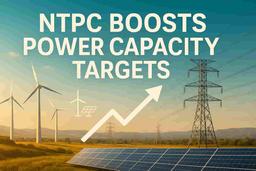
NTPC Elevates 2032 Capacity Target to 149 GW, Aims for 244 GW by 2037
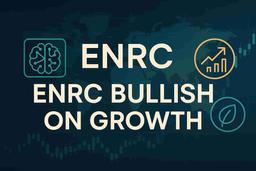
Energy, Natural Resources & Chemicals CEOs Optimistic, Prioritizing AI, Talent, and Sustainability
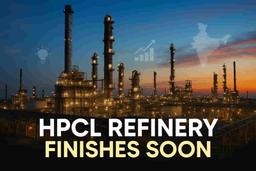
HPCL Rajasthan Refinery Project Set to Complete Next Month

HPCL Rajasthan Refinery Project Nears Completion Next Month

Airbus pitches for Sustainable Aviation Fuel programs to be included under India's CSR framework.
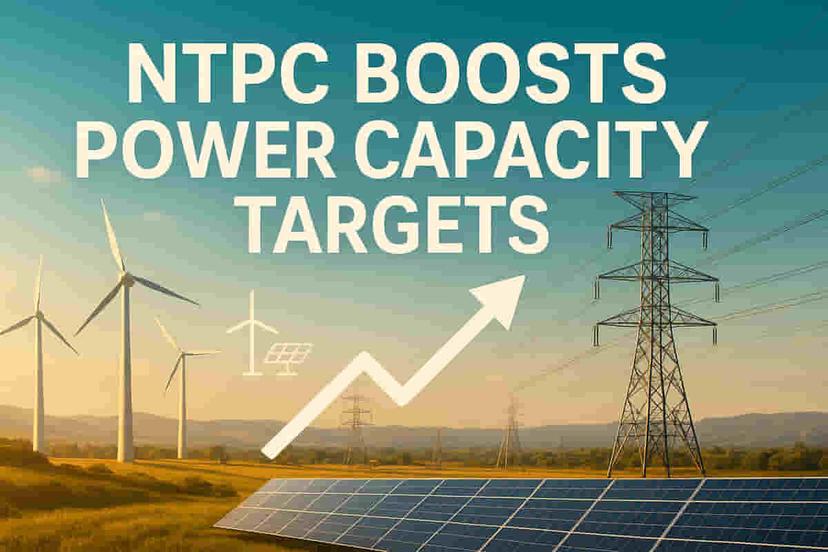
NTPC Elevates 2032 Capacity Target to 149 GW, Aims for 244 GW by 2037

Energy, Natural Resources & Chemicals CEOs Optimistic, Prioritizing AI, Talent, and Sustainability
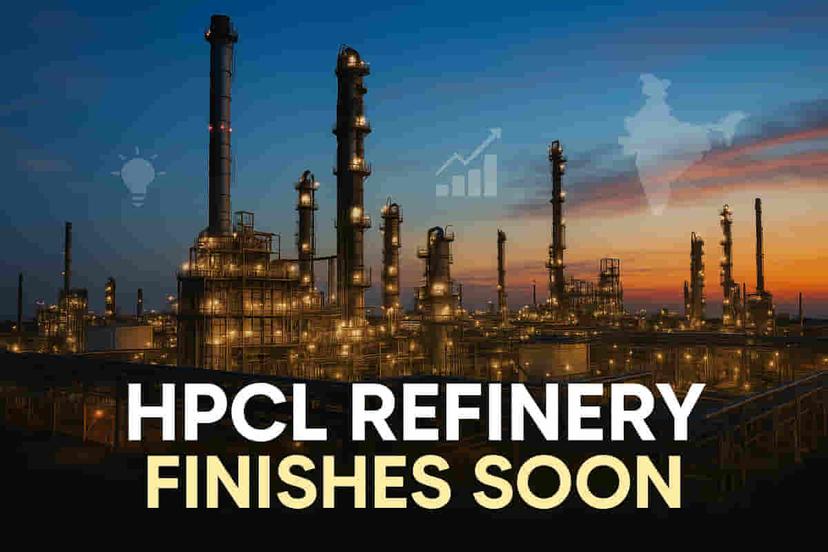
HPCL Rajasthan Refinery Project Set to Complete Next Month
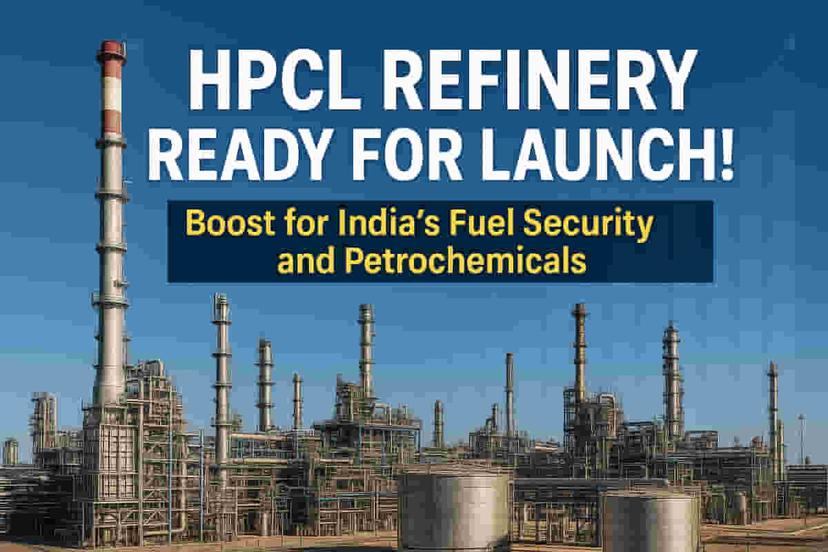
HPCL Rajasthan Refinery Project Nears Completion Next Month
